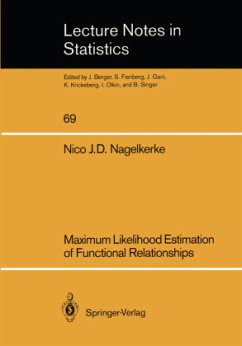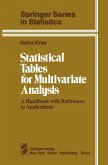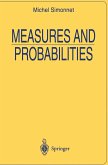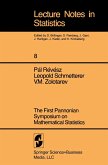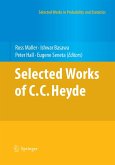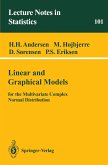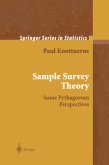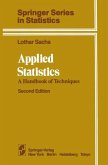The theory of functional relationships concerns itself with inference from models with a more complex error structure than those existing in regression models. We are familiar with the bivariate linear relationship having measurement errors in both variables and the fact that the standard regression estimator of the slope underestimates the true slope. One complication with inference about parameters in functional relationships, is that many of the standard properties of likelihood theory do not apply, at least not in the form in which they apply to e.g. regression models. This is probably one of the reasons why these models are not adequately discussed in most general books on statistics, despite their wide applicability. In this monograph we will explore the properties of likelihood methods in the context of functional relationship models. Full and conditional likelihood methods are both considered. Possible modifications to these methods are considered when necessary. Apart from exloring the theory itself, emphasis shall be placed upon the derivation of useful estimators and their second moment properties. No attempt is made to be mathematically rigid. Proofs are usually outlined with extensive use of the Landau 0(.) and 0(.) notations. It is hoped that this shall provide more insight than the inevitably lengthy proofs meeting strict standards of mathematical rigour.

